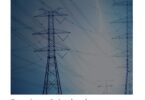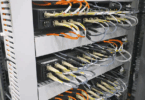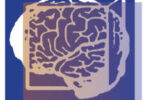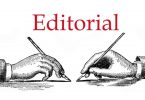by Marco Janssen, UTInnovation, the Netherlands
The need of developing Smart Grid strategies and implementation plans defining a variety of projects that involve the use of new digital technologies have brought a fundamental paradigm shift in the technical, operational and business processes of a utility.
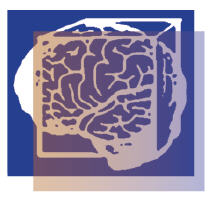
With the signing of the climate change agreement in Paris and the subsequent meetings to discuss reduction and management of the global climate change the power industry has been placed in the spotlight as it is seen by many as one of the main contributors to the emission of greenhouse gases.
The utility industry has responded to the pressure placed upon them by looking at the use of digital technologies as a means to confront the challenges. The challenges such as the use of intermittent renewable energy resources, electric vehicles, new tariff structures, new demands for customer service imply many changes that all need to be addressed differently. As a result, utilities have started to develop Smart Grid strategies and implementation plans defining a variety of projects that involve the use of new digital technologies such as advanced metering infrastructures, digital telecommunications, distribution automation, substation automation, demand response and advanced distribution management.
With the implementation of the variety of digital technologies the amount of data available within the utility regarding power system related processes increases dramatically and utilities now find themselves up against a new challenge – how to make the best use of all the data available to improve the customer experience, keep the lights on and invest where it’s necessary when it’s necessary.
The rise of the digital utility means a fundamental paradigm shift in the technical, operational and business processes of a utility. Not only are systems being integrated and is data being shared, new applications are required for the utility to provide the mandatory services at the lowest possible cost.
The challenge in all of this is not the availability of technology or the investment required to implement this technology. The real challenge for the digital utility is to transform its workforce from a traditional and engineering focused organization to a flexible and information minded organization that embraces change as a daily dose of adrenaline and that possesses the skills to define new information sets and associated applications as and when they are needed.
The typical human reaction towards change is resistance and this resistance leads to discussions, delays, and even inhibition of the deployment of necessary new technologies and processes. The digital utility therefore must consider that there are always three axes in the transformation process towards the utility 2.0: technology, processes and people. The transformation strategy that the utility wants to implement therefore should pay enough attention to the impact of the creation of the digital utility on the human resources of the company.
One of the key challenges that is often overlooked is the time and effort required to explain the chosen strategy to the people, motivate them to change and to implement the change process with adequate training, guidance and ample recruitment of new skill sets that the digital utility requires. The typical first response of the engineers within the company is that they can handle this change as it is just a new technology, but what they often do not see is that this new technology is bringing an overwhelming amount of new applications, systems, options and complexities that they have not been trained for, nor have experience with.
I therefore think that it is time for the utility industry engineers to accept the fact that they are facing something they have not seen before, and that it is wise to accept guidance and support from people from different industries that have been developing these technologies, have implemented them and have learned how to confront the many challenges the digital transformation brings.
Biography:
Marco C. Janssen is the CEO of UTInnovation LLC and the former Director of the Smart Grid PMO at the Dubai Electricity and Water Authority. He received his BSc degree in Electrical Engineering from the Polytechnic in Arnhem, Netherlands and has worked for over 27 years in the field of Smart Grid, Protection, Control, Monitoring, Advanced Metering Infrastructures, Distribution and Substation Automation. He was a member of IEC TC57 WG 10, 17, 18, 19, the IEEE PES PSRC and CIGRE B5 and D2 WGs. He was the convenor of D2.35 and editor of the Quality Assurance Program for the Testing Subcommittee of the UCA International Users Group. He holds one patent, has authored more than 58 papers, is co-author of four Cigre Technical Brochures and two books on Smart Grids and Electrical Power Substations Engineering and is the author of the “I Think” column in the PAC World magazine.



